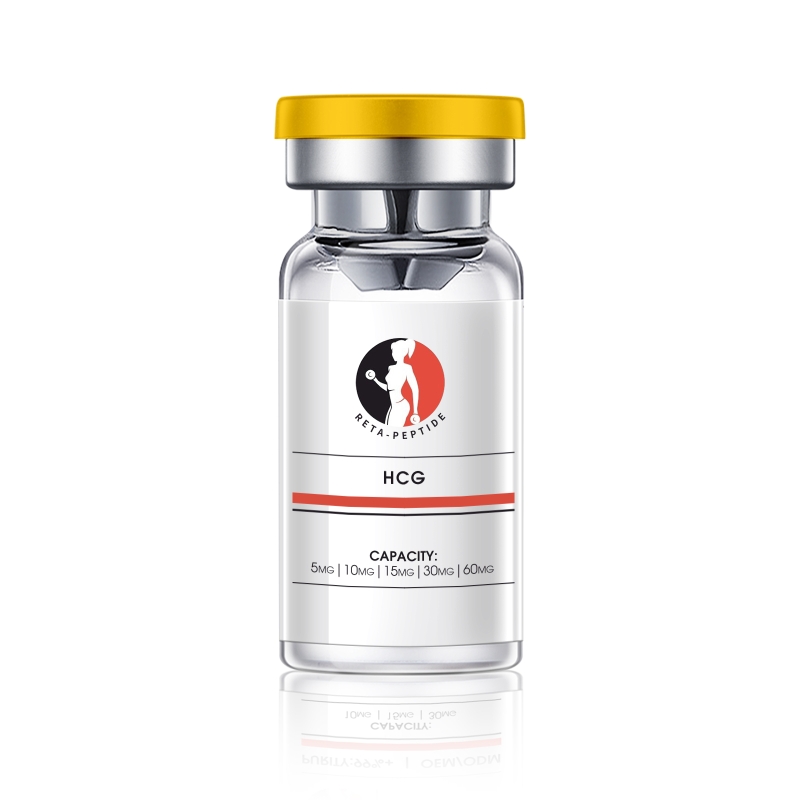-
Categories
-
Pharmaceutical Intermediates
-
Active Pharmaceutical Ingredients
-
Food Additives
- Industrial Coatings
- Agrochemicals
- Dyes and Pigments
- Surfactant
- Flavors and Fragrances
- Chemical Reagents
- Catalyst and Auxiliary
- Natural Products
- Inorganic Chemistry
-
Organic Chemistry
-
Biochemical Engineering
- Analytical Chemistry
-
Cosmetic Ingredient
- Water Treatment Chemical
-
Pharmaceutical Intermediates
Promotion
ECHEMI Mall
Wholesale
Weekly Price
Exhibition
News
-
Trade Service
Ibuprofen is a widely used nonsteroidal anti-inflammatory drug (NSAID) that is commonly used to treat symptoms such as pain, inflammation, and fever.
In recent years, a new form of ibuprofen has been developed that is designed to be more effective and have fewer side effects than traditional forms of the drug.
This new form is known as ibuprofen arginine, and it is quickly gaining popularity in the chemical industry.
The instruction of ibuprofen arginine involves a unique synthesis process that is based on the use of arginine, an amino acid that is found in proteins.
This process involves the synthesis of ibuprofen using arginine as a starting material, which results in a product that is more stable and has a longer shelf life than traditional forms of ibuprofen.
Additionally, ibuprofen arginine is more easily absorbed by the body, which can lead to more effective pain relief with lower doses of the drug.
The synthesis process for ibuprofen arginine can be divided into several steps, including the reaction of ibuprofen with arginine to form an intermediate compound, followed by a series of chemical reactions that result in the formation of the final product.
The exact details of the synthesis process are proprietary and vary depending on the manufacturer.
One of the key benefits of ibuprofen arginine is its improved stability and shelf life.
Traditional forms of ibuprofen are known to degrade quickly when exposed to light, heat, or moisture, which can lead to a reduced effectiveness and increased risk of side effects.
Ibuprofen arginine, on the other hand, is much more stable and can be stored for longer periods of time without losing its effectiveness.
Another major advantage of ibuprofen arginine is its improved absorption by the body.
The arginine group that is included in the synthesis process is known to improve the solubility and permeability of the drug, which can result in faster and more effective absorption by the body.
This can lead to a reduced need for higher doses of the drug, which can also reduce the risk of side effects.
Overall, ibuprofen arginine represents a significant advancement in the field of NSAIDs.
Its improved stability, shelf life, and absorption by the body make it a more effective and safe option for treating pain and inflammation.
As the chemical industry continues to innovate and develop new ways to improve the effectiveness and safety of medications, it is likely that we will see even more exciting advancements in the field of NSAIDs in the years to come.







